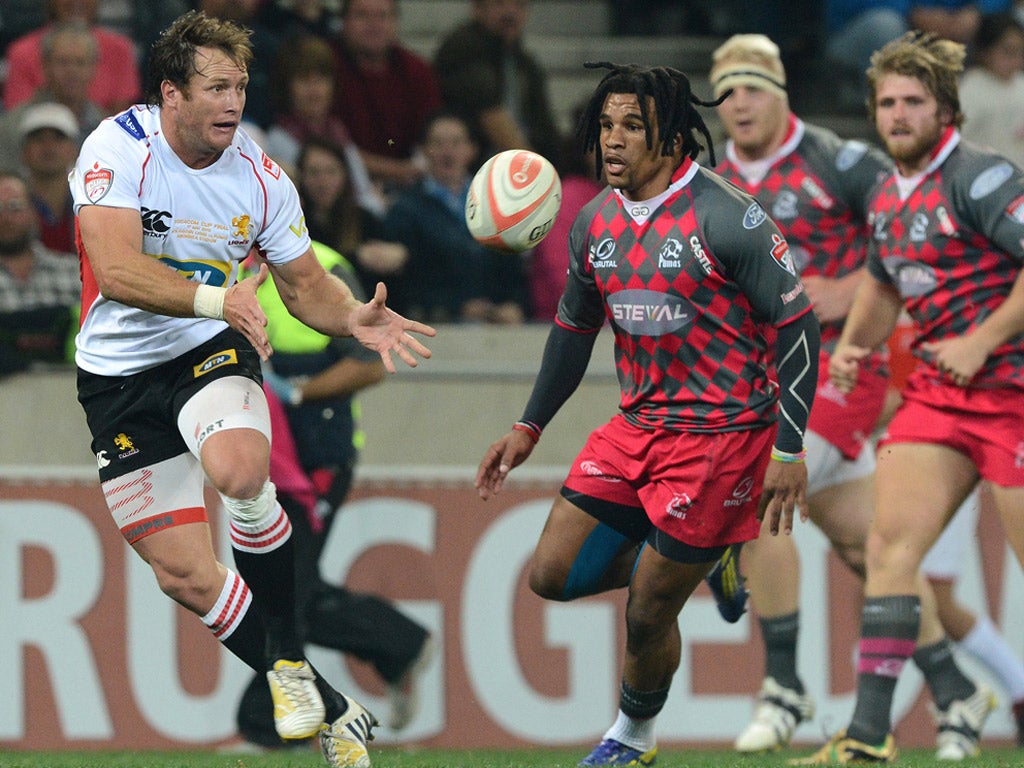Your support helps us to tell the story
From reproductive rights to climate change to Big Tech, The Independent is on the ground when the story is developing. Whether it's investigating the financials of Elon Musk's pro-Trump PAC or producing our latest documentary, 'The A Word', which shines a light on the American women fighting for reproductive rights, we know how important it is to parse out the facts from the messaging.
At such a critical moment in US history, we need reporters on the ground. Your donation allows us to keep sending journalists to speak to both sides of the story.
The Independent is trusted by Americans across the entire political spectrum. And unlike many other quality news outlets, we choose not to lock Americans out of our reporting and analysis with paywalls. We believe quality journalism should be available to everyone, paid for by those who can afford it.
Your support makes all the difference.Almost a decade after they were dismissed as "window dressing", racial quotas are on their way back to South African sport.
An announcement by the South African Rugby Union (Saru) confirmed that teams in next year's second-string Vodacom Cup competition will have to field seven non-white players in their 22-man squads, five of whom must be fielded among the starters and two of whom must be forwards. It is a surprise departure after quotas were officially abolished in 2004 following a five-year trial period, with the then Sports Minister, Makhenkesi Stofile, vowing to put all resources into the development of talent.
But despite the fact that nine non-white players were named in the 30-man Springbok squad for their first two matches of the Rugby Championship which starts in Soweto on Saturday, Saru's president, Oregan Hoskins, believes the change has become a necessity. "This decision to introduce measurable targets underlines Saru's commitment to transformation," he said.
"The Vodacom Cup is a critical step on the development pathway in professional rugby but it had moved away from its primary purpose of presenting opportunities for young emerging players, particularly black players.
"This is rugby's tangible step on delivering on a pledge [to transform]. The mood of the organisation is that we needed to intervene – and this was coming from the provinces as well – to see the graph of black player representation begin to rise," Hoskins added.
The Vodacom Cup is contested by 14 South African provinces and runs alongside the Super 15 competition that includes franchises from New Zealand and Australia.
As yet, no sanctions had been specified should a province fail to select the required numbers of non-white players but that is due to be addressed by Saru's games and policy committee later in the year.
There has been government, media and public concern for several years about the small number of non-white players in Super Rugby and for the national team, with the current Sports Minister, Fikile Mbalula, warning last year that quotas "are not a thing of the past".
But Hoskins has denied that the decision had been ordered by the government.
"Transformation will never work if it's based on people telling us what to do – be it government, business, banks, sponsors or anyone else," he said. "This is about rugby taking the lead ourselves."

Join our commenting forum
Join thought-provoking conversations, follow other Independent readers and see their replies
Comments